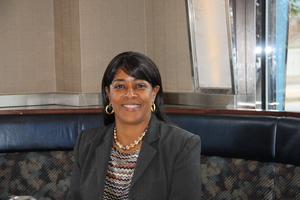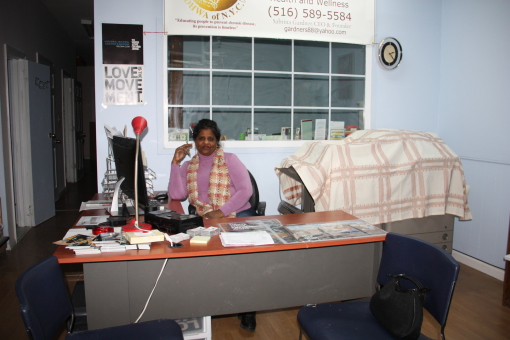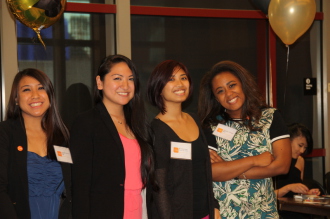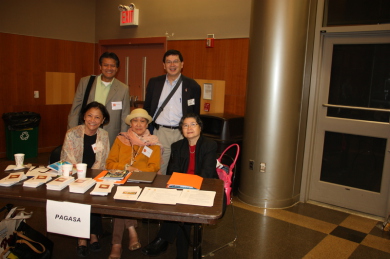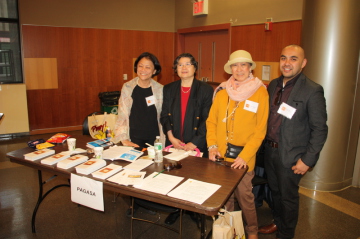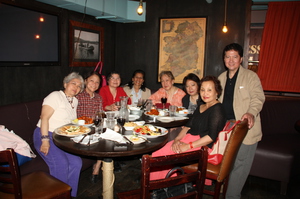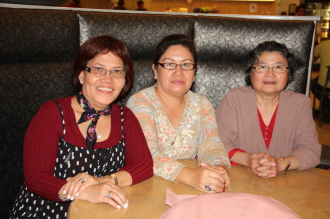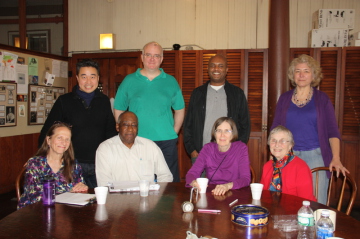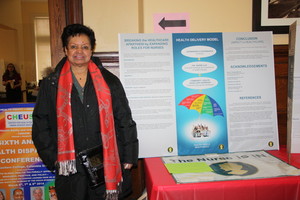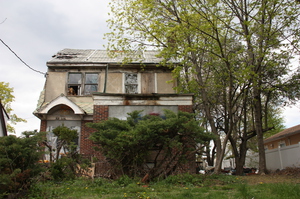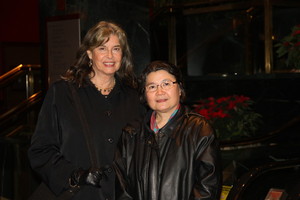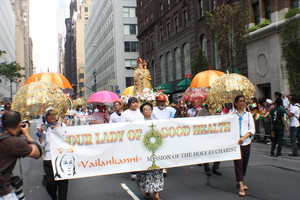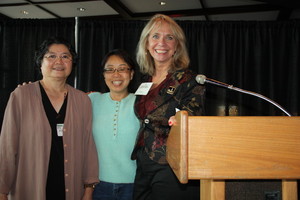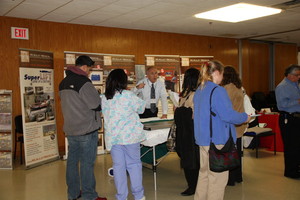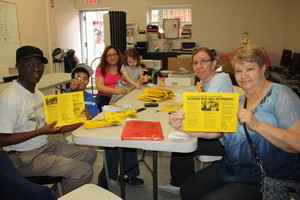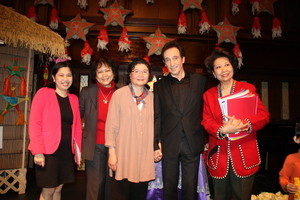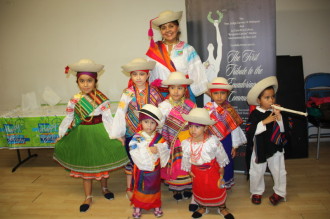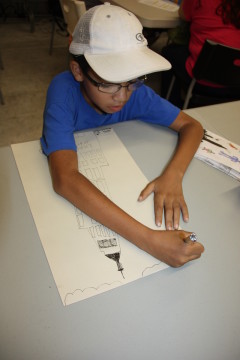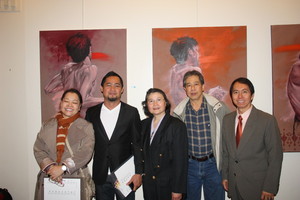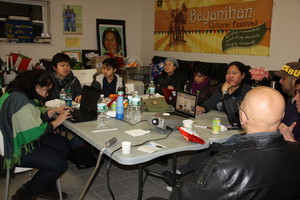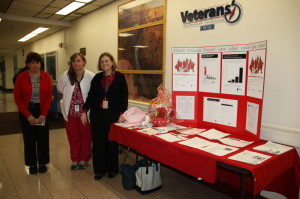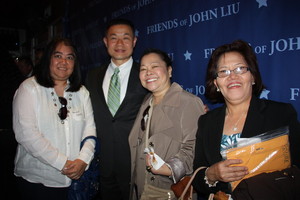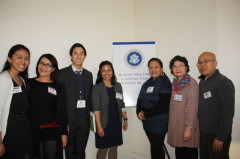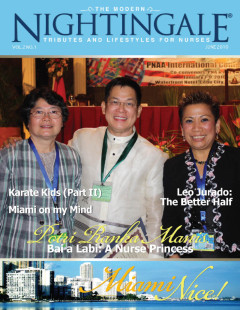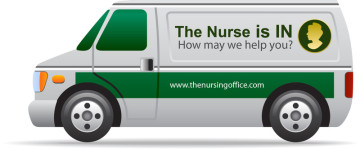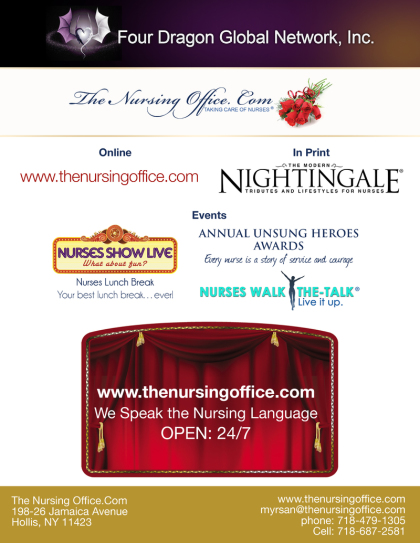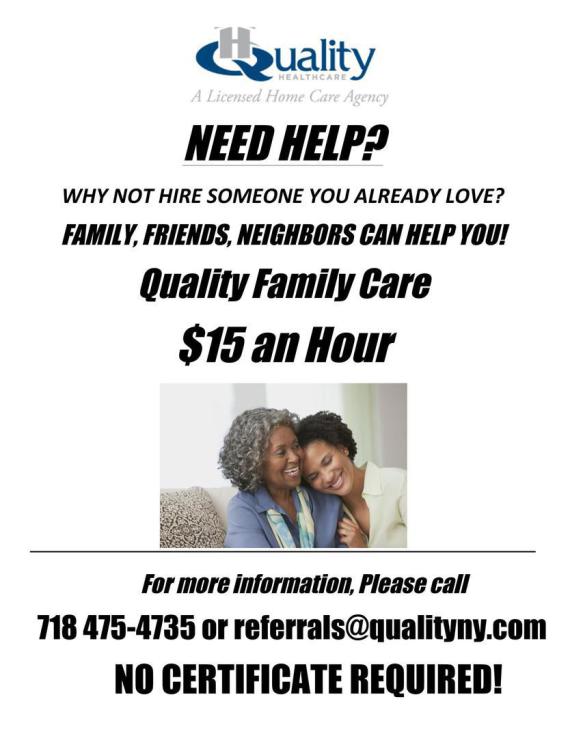WELCOME
TRAINING IN HOME CARE-GIVING
Abstract:
As the cost of healthcare soar to its highest, the solution has gone to the basics, using strategies and resources that are almost readily available to individuals and families. Healthcare takes on the first line of defense for affordable care: The Home Caregivers. A home caregiver is an unpaid or paid person who helps another individual with impairment with his or her basic needs of maintaining activities of daily living at home. This first level of care is based on the philosophy that care giving is a natural instinct if not an innate human characteristic enabling a person to take care of himself and or others. It is also very important to note that the home is the most natural place to be taken cared of.
With an increasingly aging population in all developed societies, the role of caregiver has been increasingly recognized as an important one, both functionally and economically. Care giving is most commonly used to address impairments related to old age, disability, a disease, or a mental disorder that are essentially chronic in nature. Any person with health impairment might use care giving services to address their difficulties. Based on love and caring, equipped with basic instinct of survival and self preservation, Home Care-Giving in essence is improving the lives of older adults and supporting their families by lightening their load of caring for loved ones and assisting them in providing safe, competent, friendly, and comfortable services.
Mission: A Nurse Driven Healthcare Solution
As basic as home care giving, we at The Nursing Office takes this initiative to develop Training for Home Care Givers as our foremost Nurse-Driven Healthcare Solution to help in shaping the healthcare system by increasing access to delivering better affordable care, and assuming roles in health maintenance, preventative care, healthcare coaching, and quality improvement activities in the communities.
Rationale & Background:
According to an article in The Wall Street Journal on the difficulties of aging, an AARPstudy found that 88% of people 65 and older wanted to stay in their current home as long as possible (AARP Bulletin/Real Possibilities, p. 46, November 2015).
Special Report: "Caregiving in America 2015," AARP Bulletin, November 2015. According to this report, "Caring for loved ones has become more complicated and demanding, experts say, in part because hospitals are discharging patients more abruptly to cut costs. Most caregivers now regularly perform medical tasks that used to be handled by nurses, such as, injecting medicines or inserting catheters.... It's a different kind of caregiving we're talking about now.... We've never faced this kind of longevity, with caregivers managing chronic conditions for five or ten years," says Kathleen Kelly, Executive Director of Family Caregiver Alliance. "More than 4 in 10 say they received little or no training."
Healthcare Economics:
The amount of caregiving which is done as unpaid work exceeds the amount done as work for hire. In the United States, for example, a 1997 study estimated the labor value of unpaid caregiving at US$196 billion, while the formal home health care work sector generated US$32 billion and nursing home care generated US$83 billion. The implication is that since so much personal investment is made in this sector, social programs to increase the efficiency and efficacy of caregivers would bring great benefit to society if they were easy to access and use.
Goal:
To train each care giver the basics and the art of caregiving.
Objectives:
- To provide culturally competent and culturally sensitive Home Care-Giving training skills to family members already taking care of loved ones; to immigrants interested in developing care-giving skills, and other community members in need of home care-giver programs and services.
- To provide training in Home Care-Giving that is affordable to immigrants and other unemployed /under-employed community members of the Richmond Hill and its neighboring areas.
- To upgrade the skills of many unemployed and/or underemployed community members and open up employment opportunities for those who have undergone Home Care-Giving skills training.
The Nursing Office Difference:
“Making a Difference in Home Care Giving”
Designed by nurses with extensive years of experience in nursing and related care giving and healthcare system in general, this Training Program for Home Caregivers, is based on evidence and careful application of sound principles and healthcare economics, reflect the elements of Interdisciplinary, holistic, natural, cultural, family oriented, patient centered healthcare delivery in a patient centered medical home environment. By integrating behavioral health (mental health) in public and community healthcare systems bring about better home care givers, better patient outcomes and reduced healthcare cost. We will move healthcare closer to a population care model, starting from the smallest unit, individuals, and families and into the larger communities.
The Art of Care Giving: A Vocational Training
- Introduction to Home Caregiving
- The 4 H of Home Care Giving: Head, Heart, Hands, Health
- Happyness: Aim for Health
- The Common Diseases
- Safety Training: Patient Handling
- Activities of Daily Living
- Common Emergencies
- Care giver Fatigue/ Care giver support
- Beyond Home Care Giving
- Building a Career Ladder
Methodology: (Participative Adult Learning Pedagogy)
Lecture, Audio-Visuals, Hand-Outs, Role Playing, Return Demonstration, Sharing Experiences, Practical Tests, Q & A
Total Training/Learning Hours: 8-12 hours
Class Size: Minimum 5-6 Maximum 10-12
Requirements:
- Must speak read and understand English
- Show NYC ID or any picture ID for proper identification
- Fill out The Nursing Office Registration Forms
The Nursing Office Service includes
- Job referral and placement as available
- Certificate of Attendance
- Recommendation Letter for higher advanced training in Home Healthcare Programs
- Career Ladder Counseling
Home Health Care Program
- Strategies and skill sets for successful partnering and collaboration (primary care, MCOs, provider networks)
- Utilization of home health technologies
- Regulatory compliance
- Development, implementation and promotion of new business lines/ revenue streams
- Quality of patient care/ experience
- Strategies for cost reduction/ efficiencies
- Emerging best practices (i.e. chronic condition management, prevention of re-hospitalization, quality enhancement)
- Workforce recruitment and retention
- Innovative models of care/ reimbursement.
- The Aide's Role in Working with a Terminal Client and Their Family
AFFILIATIONS
Manhattan Home Care
Quality Health Care
Continental Health Care
Horizon HealthCare
REFERENCES:
Consumer Directed Personal Assistance Program (CDPAP)




